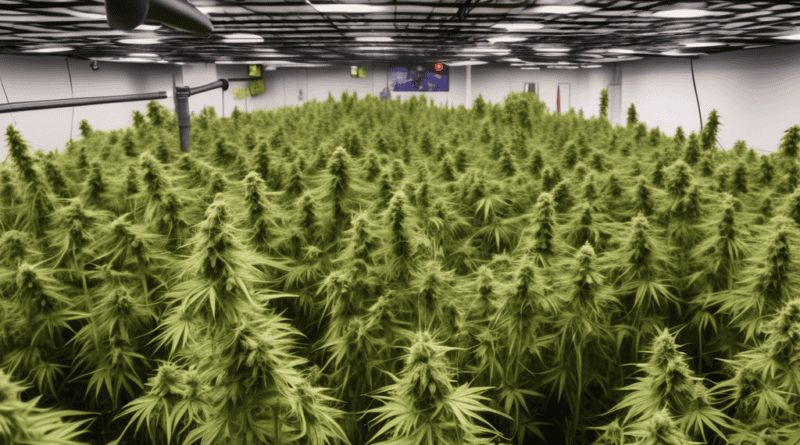California Implements Stricter Emergency Regulations on the Hemp Industry
Overview of Emergency Regulations
On September 6, 2024, Governor Gavin Newsom announced new emergency regulations aimed at regulating the hemp industry in California. These regulations, once approved by the Office of Administrative Law, will take effect immediately and introduce stringent measures to control the distribution and consumption of hemp products in the state.
One of the standout provisions of these regulations is the ban on any detectable quantity of THC or other intoxicating cannabinoids in consumable hemp products, including beverages, food, and dietary items. This move is aimed at eliminating products that could pose potential health risks to consumers, especially younger demographics.
Addressing Health Concerns and Industry Impacts
The new rules have also established an age restriction, setting a minimum age of 21 for purchasing hemp products to protect children and young adults from adverse health effects. This is accompanied by serving size limitations, with the number of servings restricted to five per package. These measures highlight a focused attempt to reduce access and overconsumption of intoxicating hemp products.
The introduction of these regulations is a direct response to the rising number of health incidents related to intoxicating hemp products. Research has shown that such products can negatively impact cognitive functions, memory, and decision-making abilities, particularly among children and young adults. The government aims to mitigate these health risks, which have become increasingly evident.
Industry Reaction and Economic Impact
The hemp industry has expressed significant concerns regarding these new regulations. Critics argue that the measures are excessively prohibitive and could damage legitimate businesses. Industry advocates have pointed out that the regulations might clash with the provisions of the 2018 federal Farm Bill, suggesting that a regulatory approach, rather than outright prohibition, would be more effective in ensuring product safety and compliance.
The economic implications of these regulations are also substantial. Estimates suggest a potential loss of nearly a quarter billion dollars in tax revenue from legitimate small businesses. This economic impact could ripple through the industry, affecting livelihoods and business operations across the state.
Previous regulatory frameworks, such as the 2021 cap on THC concentration in hemp products and the implementation of labeling and testing requirements, have proven insufficient as manufacturers found ways to exploit loopholes. The new regulations aim to close these gaps, ensuring stricter enforcement and compliance through a collaborative effort involving multiple state and local agencies.

